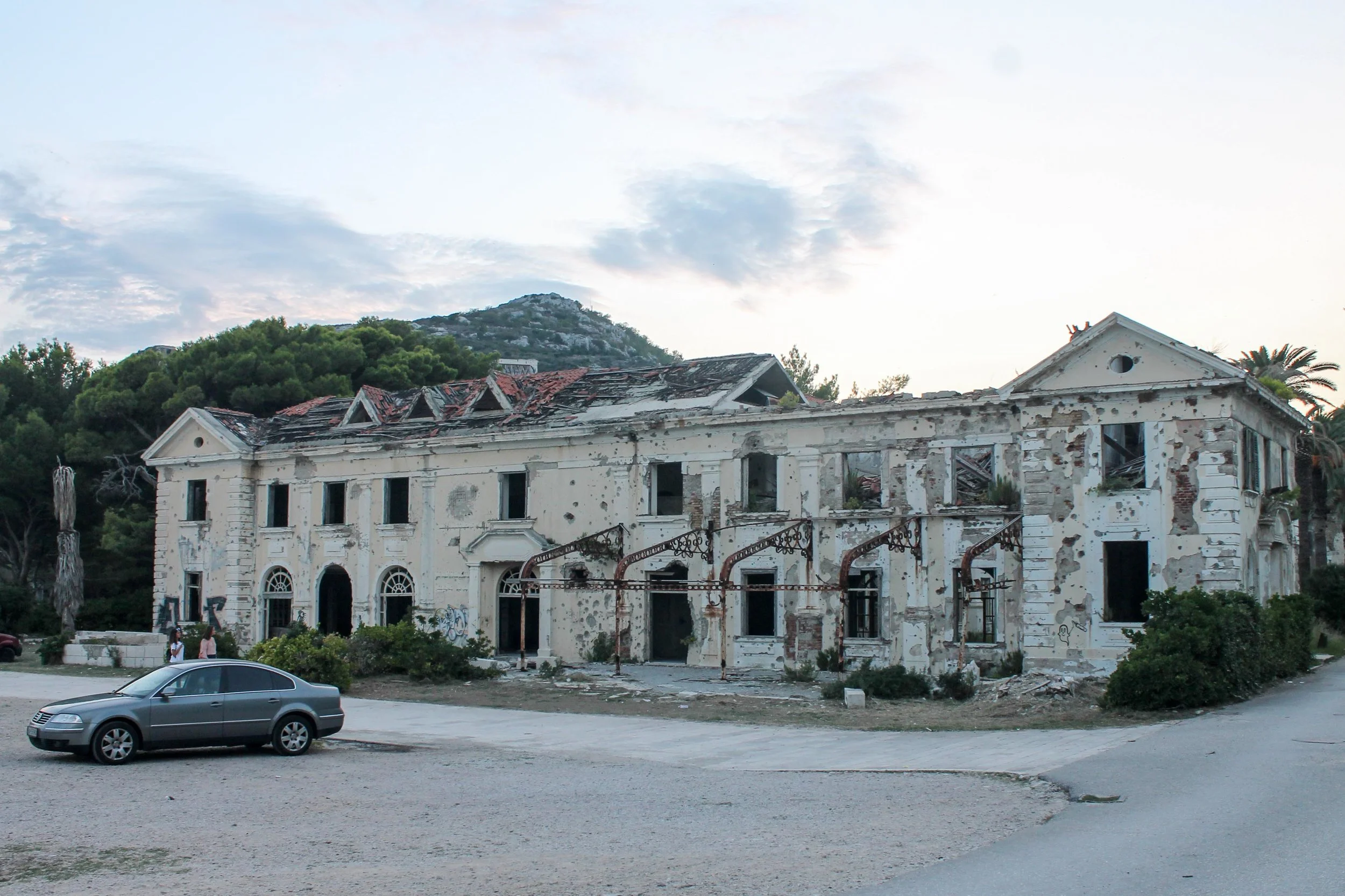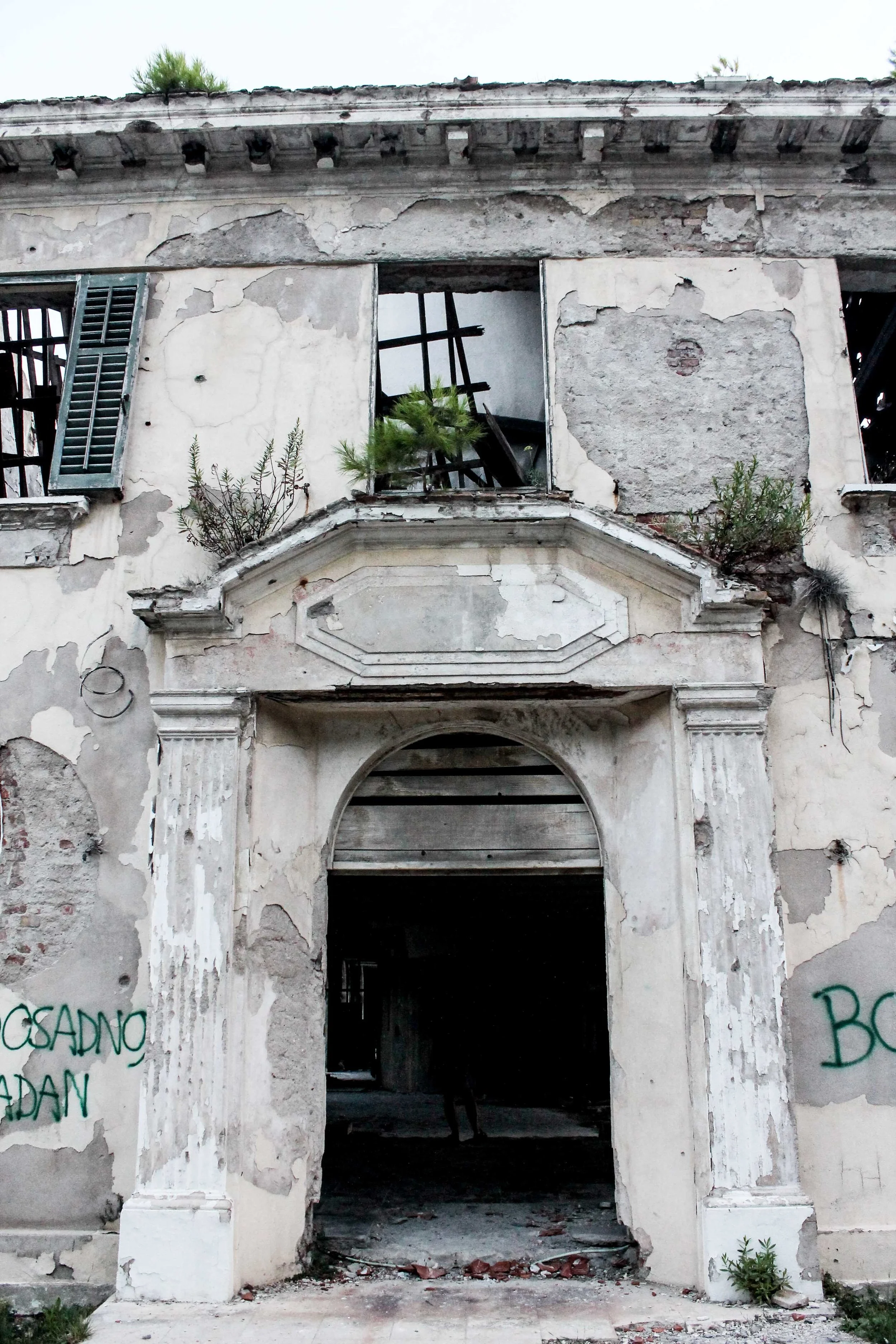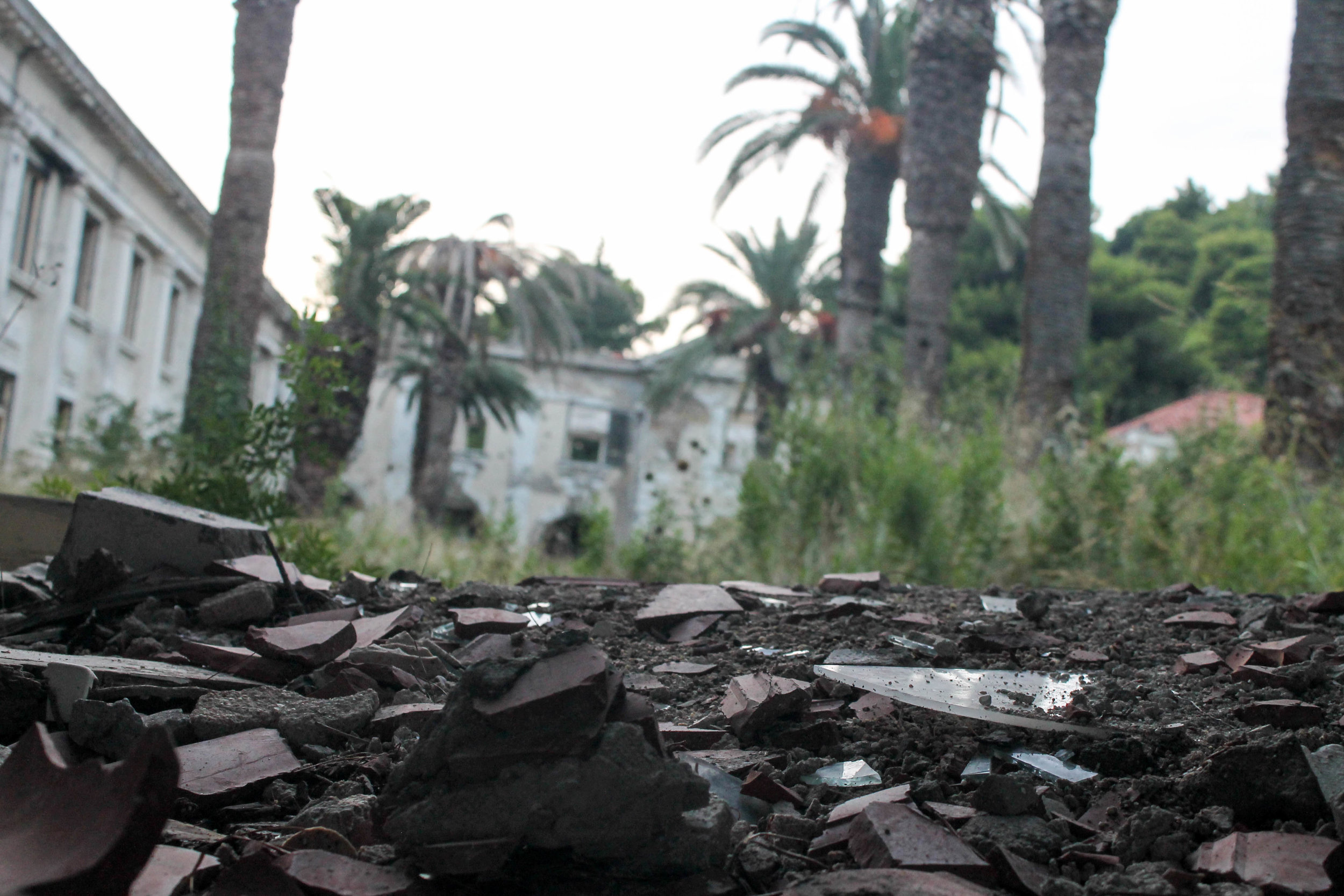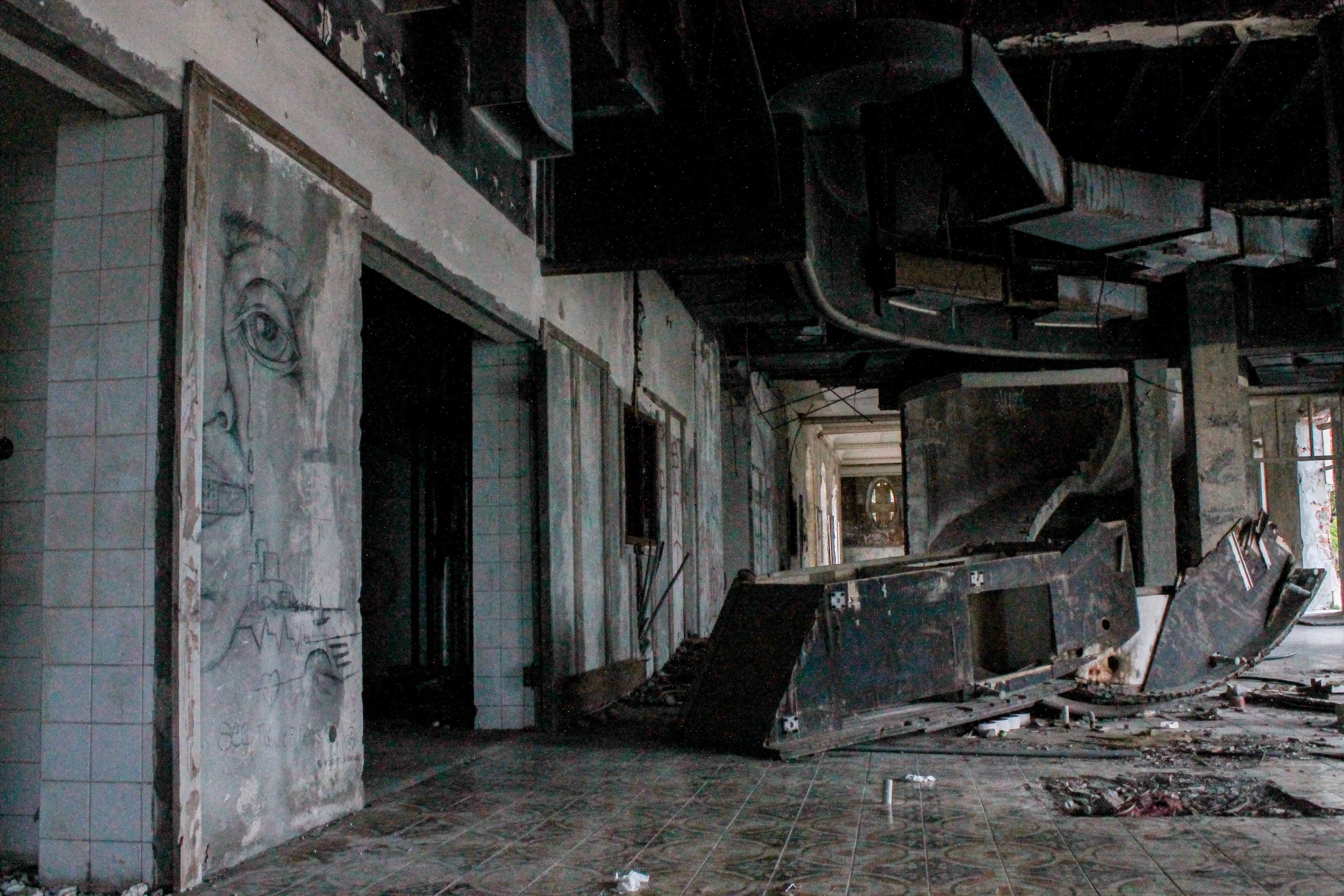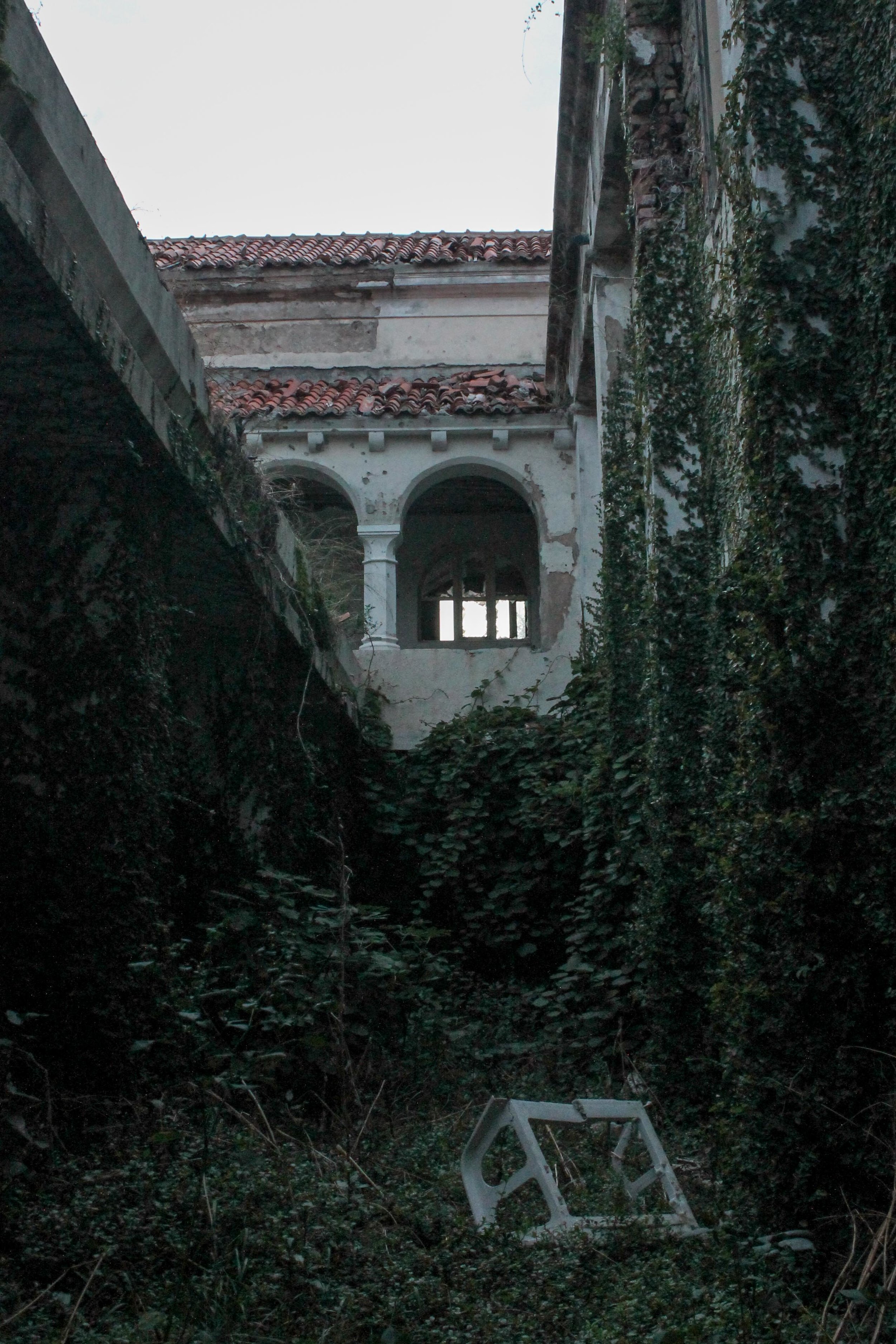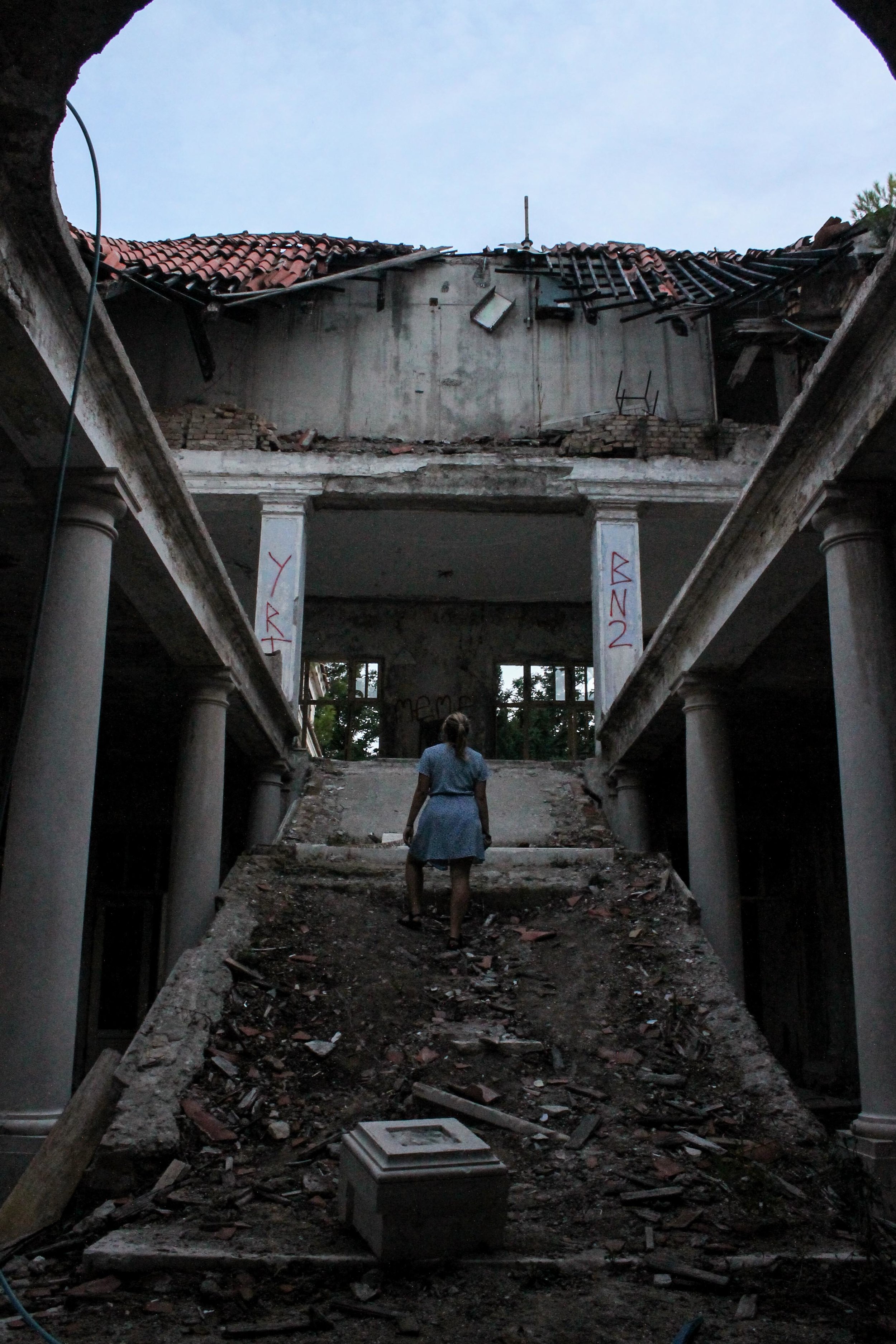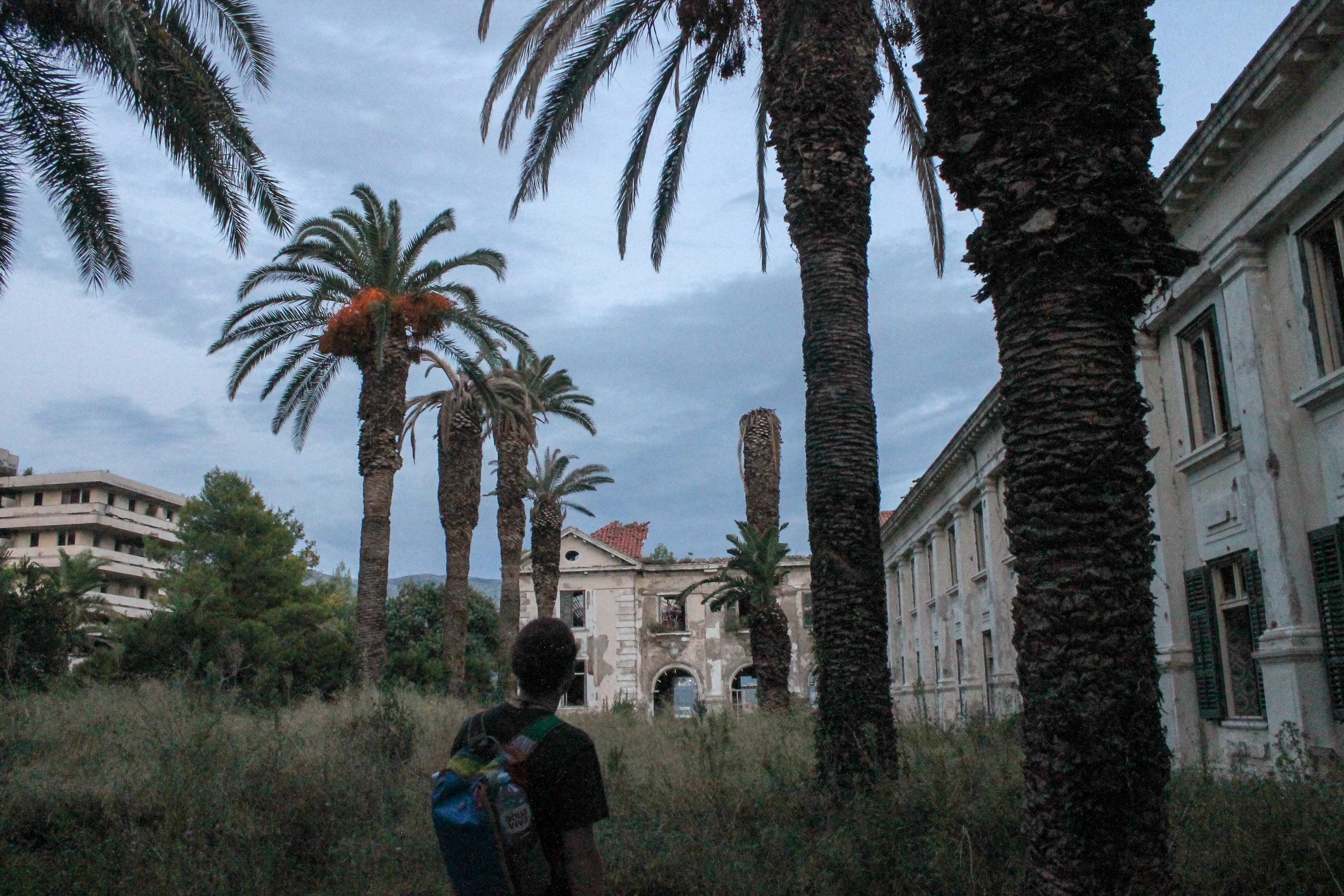A Resort in Ruins - Perspectives from the Yugoslav Wars
Cody Stover
We’d heard a lot about Croatia. Our friends, Briana and Marcus just finished a yacht week trip through the Croatian islands and our Italian friends also had strong reviews for the warm, turquoise waters. We thoroughly enjoyed swimming in the idyllic bays, seeing its ancient walled cities, and exploring an offshore island. However, little did we know, we were also in for a new perspective beyond the tropical paradise.
Our first evening in the country we were enjoying an evening stroll from cove to cove, just south of Dubrovnik. The sun was setting in as we rounded the corner to find a little white pebble beach tucked in an inlet bordered by tree covered hills. A perfect little oasis. However, as we looked closer, we realized that this cove represented something more.
Wrapping around the peaceful, lapping waves were half a dozen hotels. There were several different styles of architecture, obviously from different eras. A fancy villa was nestled in the middle, while larger, more modern, utilitarian-style buildings stretched out to the wings. However, something was different about this resort. Very different. There were no lights in these windows, no vacationers relaxing on balconies, and no elevator music drifting from the lobbies. Graffiti covered the outsides, and the only concierge service to greet you at the door was a pile of twisted rusty metal. Abandoned? Well, technically yes. A better descriptor: bombed.
The crunch of rubble underfoot was the only sound as shattered-out window frames gave our eyes a preview of the wreckage inside. The lobby was a scene out of Walking Dead, the reception desk tipped over and the ceiling turned to charcoal. An overgrown courtyard lay beyond, palm trees stretching upward obliviously in the twilight. Down the hallway, ivy felt their way up the walls, planting a flag of nature’s reclamation. Rounding the corner, we came upon a once grand entryway leading upstairs to the bedrooms. The last remains of the crumbled red tiled roof observed us from above, and a worn-out cement remnant of a staircase pointed toward the shadowy halls where guests used to fumble with their hotel keys as they retired to their bedrooms.
Bonnie and I took this in quietly, a time for observation and introspection. The Kupari resort was one of the original players of the Croatian tourism industry, with its first hotel opening in 1919. By the mid-sixties, the resort had expanded as a vacation spot for families of the Yugoslav military. But then, just seventy years after its foundation, the holiday spot’s death date was firmly etched into its headstone.
The Yugoslav Wars were the most recent wars to take place on the European continent. During the Croatian War of Independence portion of the Yugoslav Wars, the resort was bombed by Yugoslav forces and has remained decimated for the last twenty-five years. The hotels’ empty, sunken faces stare emptily as quiet, but daunting testaments to the brutality of war and the way it ravages everything—from cities to resorts.
We reemerged from this modern-day ruin to the waves gently lapping against the shore, the last beach-goers packing up their towels. Looking one way, a tropical paradise, the other, a scarred relic of a conflict all-too-fresh. It was as if past, present, and future were all intersecting in one place for a conversation, a warning, a reminder.
*****
Click here to learn more about the Yugoslav Wars
Next Up: Oktoberfest in Munich
Peace be the journey,
Cody

